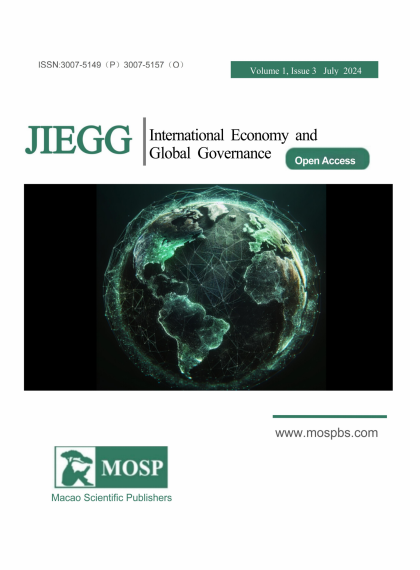Abstract
With the advent of the digital age, the global society is undergoing unprecedented changes. Emerging technologies such as artificial intelligence, blockchain and the Internet of Things are rapidly emerging, bringing new opportunities and challenges to global governance. Good international laws play a key role in digital governance, helping to formulate unified legal standards and rules, promote international cooperation, and maintain global stability and order. At the same time, emerging technologies pose many challenges to the law, such as privacy protection, cyber security and intellectual property issues. In this context, strategies and recommendations are made to address these challenges, emphasizing the close interaction of law and technology to ensure the sustainable development of emerging technologies and the overall interests of the society. Through the in-depth analysis of international good laws in the field of digital governance and the coping strategies of legal challenges, it can provide beneficial thinking and contribution to the realization of comprehensive good governance and sustainable development of global digital governance.
Keywords: International Good Law, Digital Governance, Legal Challenges, Global Governance, Emerging Technologies
Download the full text PDF for viewing and using it according to the license of this paper.

